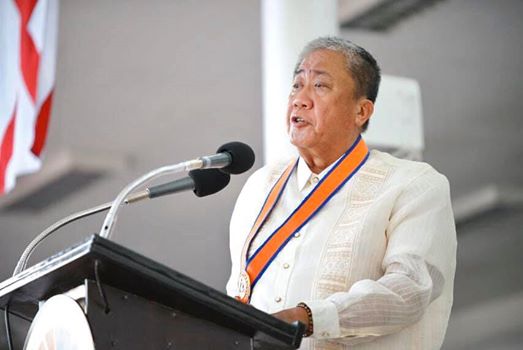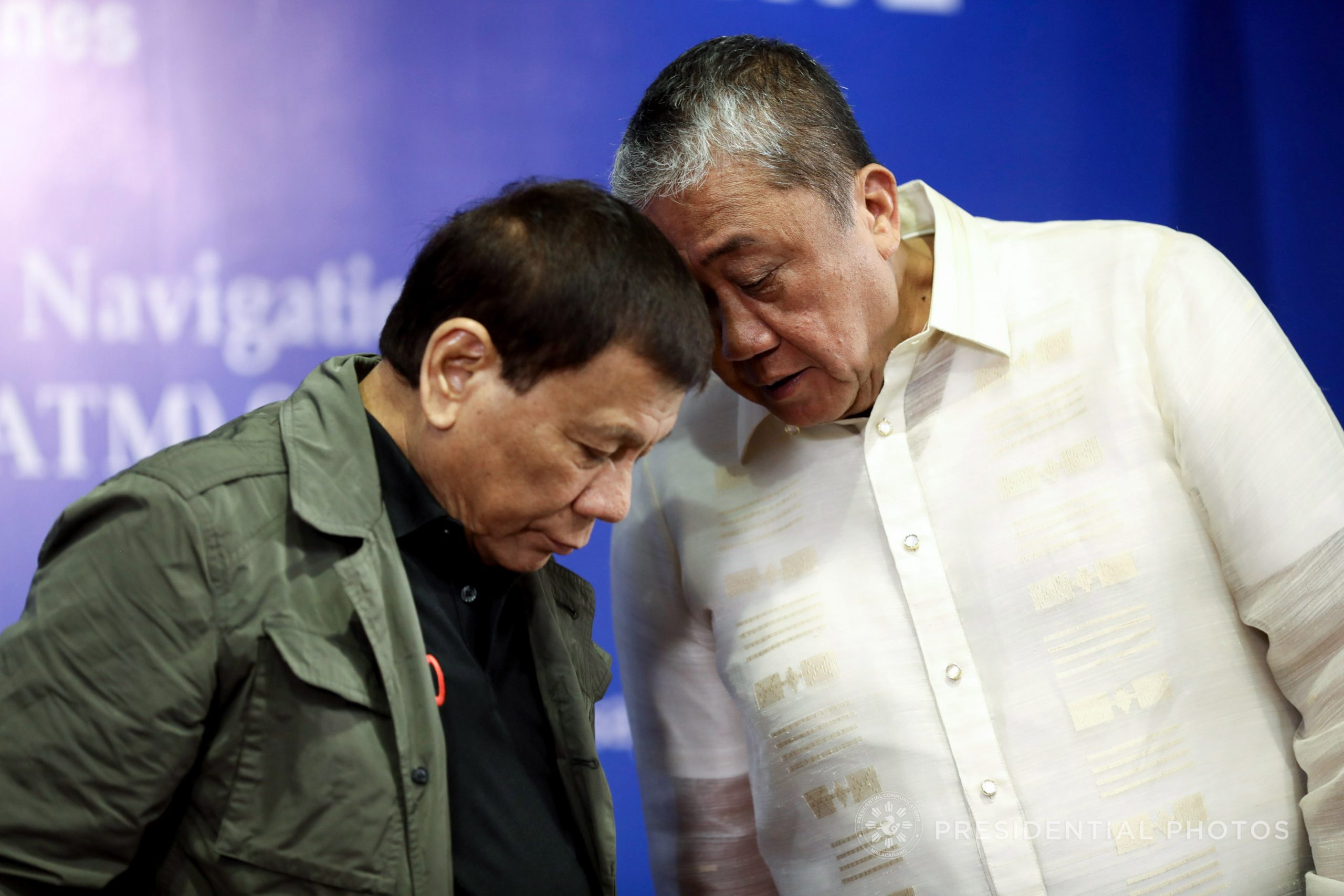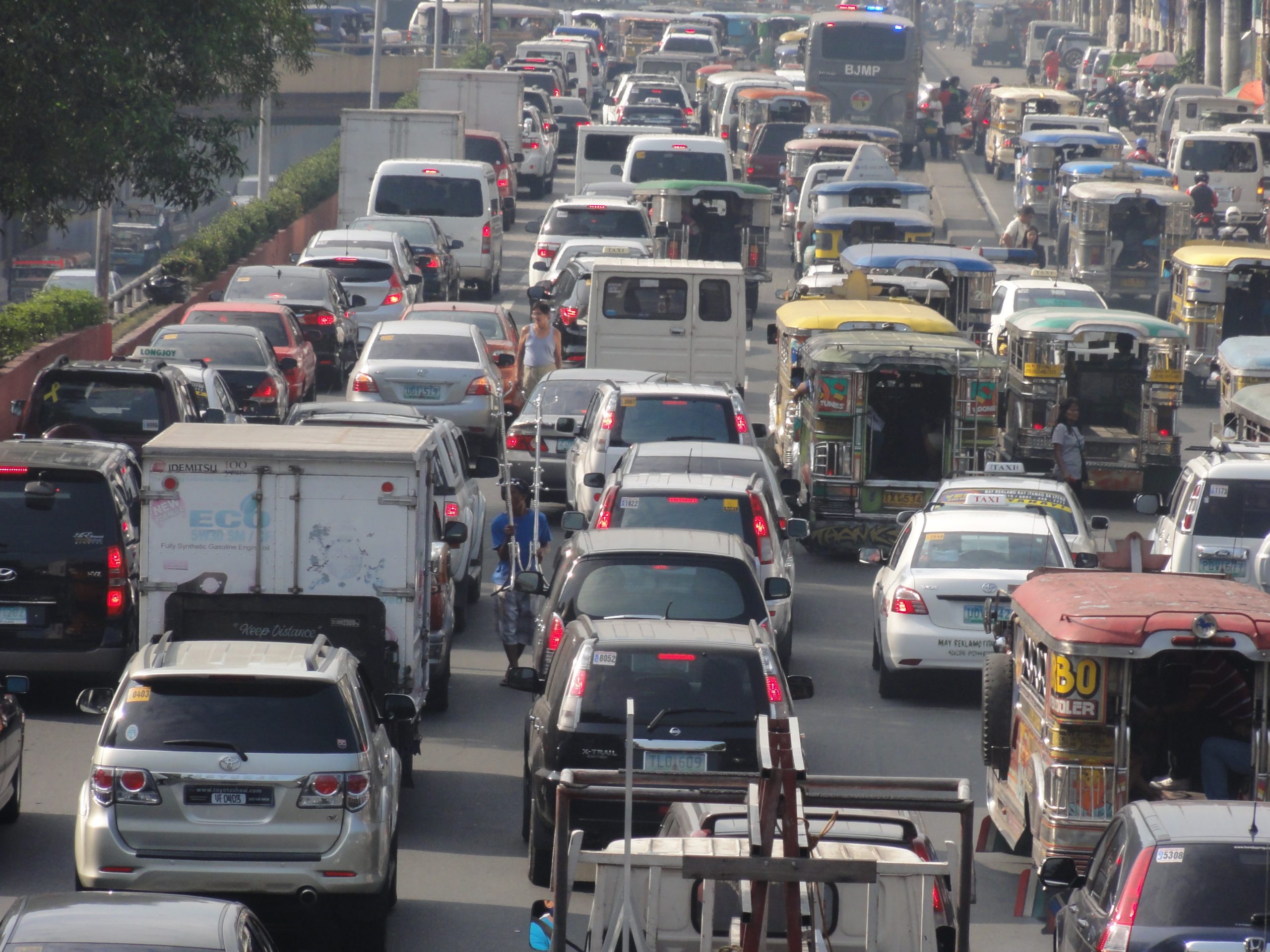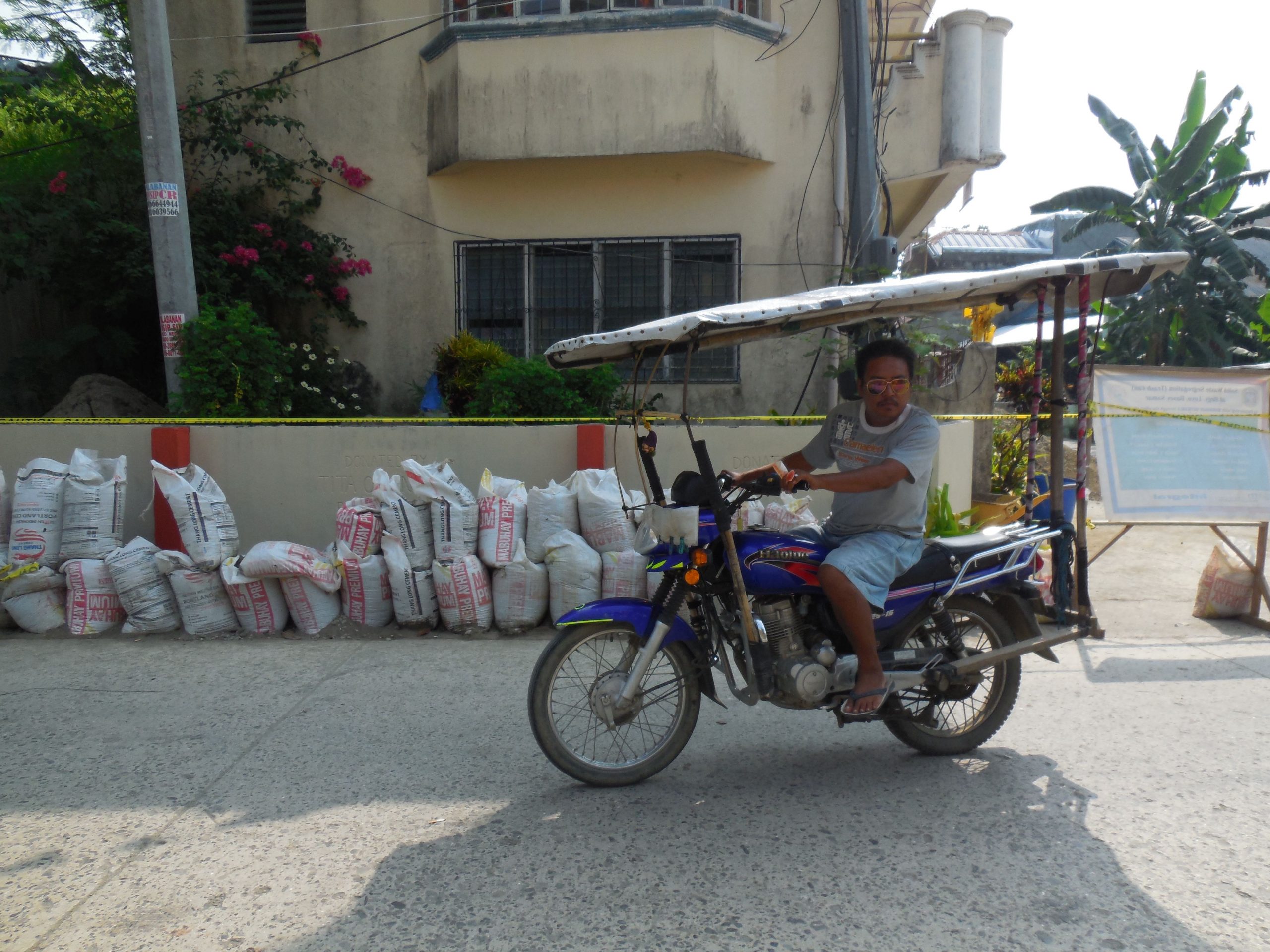From previously calling the traffic congestion in Metro Manila a “crisis” that required emergency powers for the president, Transport Secretary Arthur Tugade now calls the situation a mere “problem.”
STATEMENT
Responding to youth group Anakbayan’s challenge for him to use public transportation, Tugade claimed he was already doing it.
He then said:
“Komo ba may transport problem, may transport issue, mayroon nang transport crisis? Hindi pa ho dumadaan sa ganiyan ‘yan. Kasama ‘yan sa exacerbating the situation…Magtulungan po tayo
(Just because there are transport problems, there are transport issues, does that mean there is a transport crisis? We’re not there yet. [Calling it a crisis] is exacerbating the situation…We must help each other).”
Sources: ABS-CBN News, Transport chief declines ‘public transport challenge,’ says there’s no crisis yet, Oct. 10, 2019, Manila Bulletin, Tugade has another approach in showing empathy on commuters’ woes, Oct. 10, 2019, and Radyo.Inquirer.net, Tugade sa hamong magcommute: “I have been doing it anyway,” Oct. 11, 2019
FACT
In June 2016, then incoming transport chief Tugade called the traffic situation in Metro Manila a “crisis” when he explained then President-elect Rodrigo Duterte’s plan to request emergency powers from Congress:
“‘Di ba (Isn’t it that) everyday we spend more time in the streets rather than at home, taking a ride? ‘Di ba nababoy na ang quality of life natin dahil sa (Hasn’t our quality of life become a mockery because of) traffic tsaka (and) transportation? ‘Di ba pinagtatawanan na tayo ng buong mundo dahil sa traffic at ayaw nang pumunta ng mga negosyo dito (Isn’t the whole world laughing at us because of traffic, and businesses no longer want to go here)? Tell me madam, sir, if that is not a crisis, what is a crisis?”
Source: Rappler.com, Duterte eyes emergency powers vs traffic ‘crisis,’ June 20, 2016
He added:
“Ang hinihingi lang namin, ideklara na may crisis para magkaroon ng (What we’re only asking is for [Congress] to declare a crisis so there could be) certain emergency powers.”
The grant of emergency powers to the president would “immediately allow for the adoption of policy directions that would normally require time-consuming amendment of existing laws and ordinances,” the Department of Transportation (DOTr) said in a press statement in September.
It would also “fast-track procurement, right-of-way acquisition, relocation process, and allow for the immediate commencement of priority projects within a shorter period and/or the implementation of partial operability,” it added.
The DOTr also cited in its statement Senate Bill 213, filed in the 18th Congress, which seeks to grant the president authority “for a limited period and subject to certain restrictions, to exercise emergency powers to effectively address the traffic and congestion crisis” in Metro Manila, Metro Cebu, and other highly urbanized cities.
Sen. Francis Tolentino, the bill’s author, called the traffic situation in the country a “crisis” four times in his explanatory note. It states that:
“The Philippine transportation infrastructure has indisputably been unable to keep up with the demands of a rising economy and growing population…The traffic congestion crisis must be considered a national emergency due to its detrimental effects to life, economy, and productivity.”
Source: Senate.gov.ph, Senate Bill 213, July 2, 2019
Sec. 6 of the proposed bill designated the transport secretary as “traffic crisis czar,” who is “authorized to exercise all powers necessary, utilize all resources, exercise police power and eminent domain, and employ executive actions and measures.”
A 2019 study by the Asian Development Bank showed Metro Manila topped the list of most congested cities with a population of at least five million in developing Asia.
The Japan International Cooperation Agency (JICA) said in its 2018 annual report that the Philippines lost about P3.5 billion pesos daily in productivity in 2017 due to the traffic congestion in Metro Manila. This is higher than the group’s estimate of P2.4 billion in 2014.
If not addressed, JICA said economic losses from traffic woes can rise as much as P5.4 billion a day by 2035.
Sources
ABS-CBN News, Transport chief declines ‘public transport challenge,’ says there’s no crisis yet, Oct. 10, 2019
Manila Bulletin, Tugade has another approach in showing empathy on commuters’ woes, Oct. 10, 2019
Radyo.Inquirer.net, Tugade sa hamong magcommute: “I have been doing it anyway,” Oct. 11, 2019
Rappler.com, Duterte eyes emergency powers vs traffic ‘crisis,’ June 20, 2016
Department of Transportation, DOTR firm on stand: Emergency power will help address traffic woes, Sept. 10, 2019
Senate of the Philippines, Senate Bill 213, July 2, 2019
Asian Development Bank, Asian Development Outlook 2019 Update: Fostering Growth and Inclusion in Asia’s Cities, September 2019
Japan International Cooperation Agency, Partners in Nation Building: Annual Report 2018
National Economic Development Authority, Roadmap for Transport Infrastructure Development for Metro Manila and Its Surrounding Areas (Region III & Region IV-A), March 2014
(Guided by the code of principles of the International
Fact-Checking Network at Poynter, VERA Files tracks the false claims,
flip-flops, misleading statements of public officials and figures, and
debunks them with factual evidence.
Find out more about this initiative and our methodology.)





